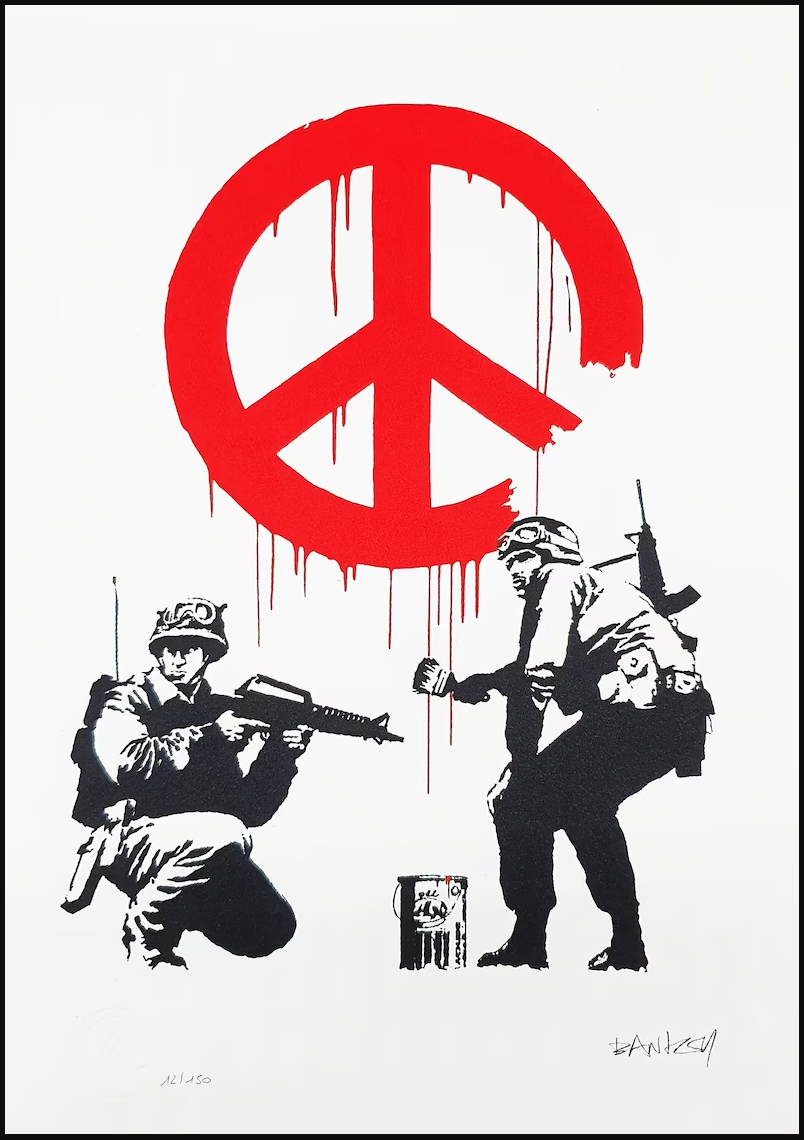World peace
|
The problem with theories of justice is they don’t bear close examination.
Collective ones run into the problem “who gets to decide, and what’s to stop them tilting the scales, and what of people who legitimately disagree?”
Individualistic ones are fine until we have to interact with each other — over the course of human history, we’ve tended to do that a lot — whereupon they all run into the same basic conundrum: what to do when my expression of personal freedom interferes with yours?
These lead to strands of philosophy one may characterise as basically Hobbesian (pessimistic) or Smithian (optimistic) in grappling with the proposition that there are finite resources, unlimited demands on them, but in any case when gathered together humans are a fundamentally argumentative bunch, and this is a necessary condition of society (Hobbes) and a desirable one (Smith).
It used to be only those contesting beauty pageants who aspired to end conflict and lube blissed out in peace, love and happiness: nowadays it seems to include a large part of the educated metropolitan elite — at least, in their in unguarded moments, when they haven’t been thinking too hard about it.
Influencers wring their hands and ask, “What is the biggest impediment to world peace? How can we reach this state? What must we change?
They harvest predictable enough, fit-for-beauty-pageant answers: greed, ego, colonialism, the Great Satan, Putin, men, idiocy, defence companies, toxic ideologies, the military-industrial complex, the lack of respect, the establishment —
But isn’t the answer, the hope for something better?
We might not like the idea of conflict in the particular, but in the general disruption is a font of progress. In which case, isn’t the absence of stimulus for change even more horrifying?
World peace — the total absence of conflict — implies a settled consensus. It takes as a given that all mysteries have been resolved or, at any rate, agreed upon, that all possible questions have catalogued, taxonomised and satisfactorily answered, that all unknowns have been eradicated. World peace implies a total homogeneity of need, want and value. There are no inventions left, no efficiencies to be gained, no services to be improved, no sunlit uplands to move towards.
World peace allows of no tribes, no cultures, no diversity, no in-groups; no partisanship, no contest, no sport, no allegiance, no competition for resource. It allows no protection, no defence, no pre-emption, no optimisation.
It implies no love, for love implies preferment. Irony: taken to their logical conclusion, love and peace are mutually exclusive.
Peace requires no hesitancy, no uncertainty, no opportunity to improve: the objects of universe are mapped, their infinity of trajectories mapped, calculated and projected to the end of time; that we are disempowered automatons on strict deterministic rails; we know and accept and will doggedly do that, and only that which is required to stay upon them.
There are no disputes, doubts, disagreements or contrarians. If one were even possible a contrarian would simply be one who is wrong. But a contrarian would not be possible. Error would not be possible. Indecision would not be possible. If it were possible to err, it would be possible to dispute the consensus, and that would create conflict.
Lasting world peace implies, in short, the end of days.
